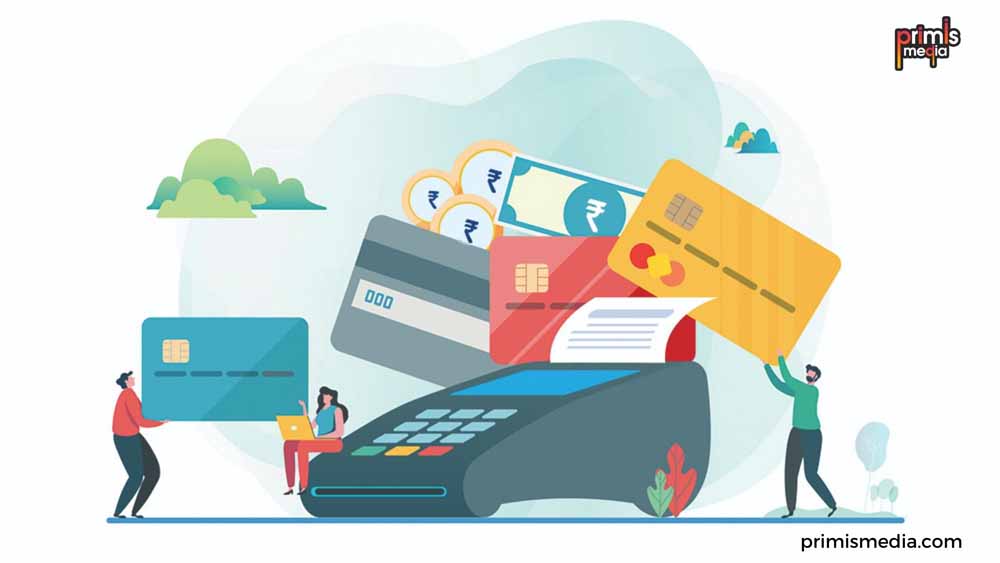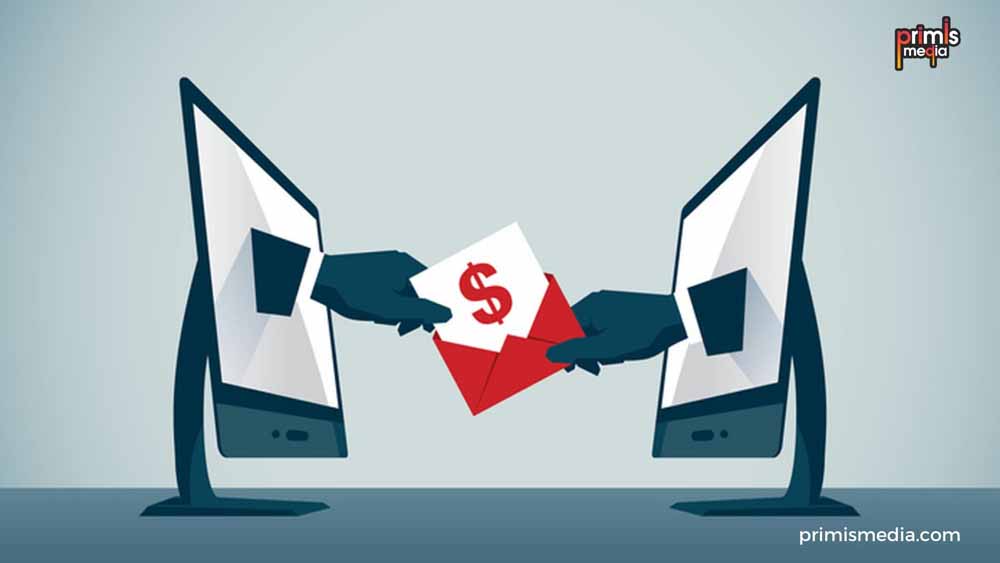As a business owner or freelancer, dealing with non-paying clients can be a frustrating and time-consuming experience. Not only does it impact your finances, but it can also damage your reputation and future business opportunities. It’s important to take action and implement strategies that can help you recover the money owed to you and minimize the chances of it happening again.
In this article, we’ll explore 5 effective strategies for dealing with non-paying clients.
The impact of non-paying clients on your business
Non-paying clients can have a significant impact on your business. Not only does it create a financial burden, but it can also cause stress and frustration. It’s important to understand the impact that non-paying clients can have on your business so that you can take action to prevent it from happening in the future.
When you have non-paying clients, it can affect your cash flow and make it difficult for you to pay your own bills and expenses. It can also impact your credit score and make it harder for you to obtain loans or other forms of financing.
Additionally, non-paying clients can damage your reputation and make it harder for you to attract new clients in the future.
Understanding why clients don’t pay


Before you can take action to address non-paying clients, it’s important to understand why they may not be paying you.
There are several reasons why clients may not pay, including:
- Cash flow issues: Your client may be experiencing their own financial difficulties and is unable to pay you at the moment.
- Dispute over services or products: Your client may not be satisfied with the services or products you provided and is refusing to pay.
- Administrative issues: Your client may have misplaced or forgotten your invoice, or there may be a delay in processing payment.
- Fraud: In some cases, clients may intentionally not pay you as part of a scam or fraud scheme.
Understanding why your clients are not paying you can help you develop a more effective strategy for addressing the issue.
Best Practices for dealing with non-paying clients.
#1 Setting clear payment terms and expectations
One of the most effective ways to prevent non-paying clients is to set clear payment terms and expectations from the outset. This can include outlining your payment terms in your contract or agreement, including the payment amount, due date, and any penalties for late payment.
It’s also important to communicate your payment expectations with your clients and ensure that they understand the consequences of not paying on time. By setting clear payment terms and expectations, you can prevent misunderstandings and ensure that you and your clients are on the same page.
#2 Establishing a payment process


In addition to setting clear payment terms and expectations, it’s also important to establish a payment process that makes it easy for clients to pay you. This can include providing multiple payment options, such as credit cards, PayPal, or bank transfers, and sending invoices promptly and regularly.
You can also consider using online invoicing and payment platforms, such as Zohobooks, which can automate the invoicing and payment process and make it easier for clients to pay you on time.
#3 Communicating effectively with non-paying clients


When you have non-paying clients, it’s important to communicate with them effectively to resolve the issue. This can include sending reminders and following up with your clients to find out why they haven’t paid yet.
When communicating with non-paying clients, it’s important to remain professional and avoid getting emotional or confrontational. You can also consider offering payment plans or other incentives to encourage clients to pay you.
#4 Using incentives to encourage prompt payment


One effective strategy for encouraging clients to pay you on time is to offer incentives for prompt payment. This can include offering a discount for paying early or providing a small gift or reward for clients who consistently pay on time.
By offering incentives, you can create a positive relationship with your clients and encourage them to prioritize paying you on time.
#5 Taking legal action when necessary
If all of your efforts to collect payment have failed, you may need to consider taking legal action to recover the money owed to you. This can include hiring a collections agency or taking the client to small claims court.
Before taking legal action, it’s important to consult with a lawyer and ensure that you have a strong case. Legal action can be time-consuming and expensive, so it’s important to weigh the potential benefits against the costs.
Tips for avoiding non-paying clients in the future
While it’s important to know how to deal with non-paying clients, it’s even more important to prevent them from happening in the first place.
Here are a few tips for avoiding non-paying clients in the future:
- Screen clients carefully: Before taking on a new client, do your research and ensure that they have a good reputation for paying on time.
- Set clear expectations: Make sure that your clients understand your payment terms and expectations from the outset.
- Invoice promptly: Send invoices as soon as possible after providing services or products to ensure that clients have ample time to pay.
- Follow up regularly: Send reminders and follow up with clients regularly to ensure that they are aware of their payment obligations.
- Use contracts or agreements: Use contracts or agreements to ensure that both you and your clients understand your payment terms and obligations.
Conclusion and next steps for getting paid
Dealing with non-paying clients can be frustrating and time-consuming, but by implementing the strategies outlined in this article, you can recover the money owed to you and protect your business from future non-paying clients.
Remember to set clear payment terms and expectations, establish a payment process that makes it easy for clients to pay you, communicate effectively with non-paying clients, and use incentives to encourage prompt payment. If all else fails, consider taking legal action to recover your debts.
With these strategies in place, you can take control of your finances and ensure that you get paid for the hard work you put in.





